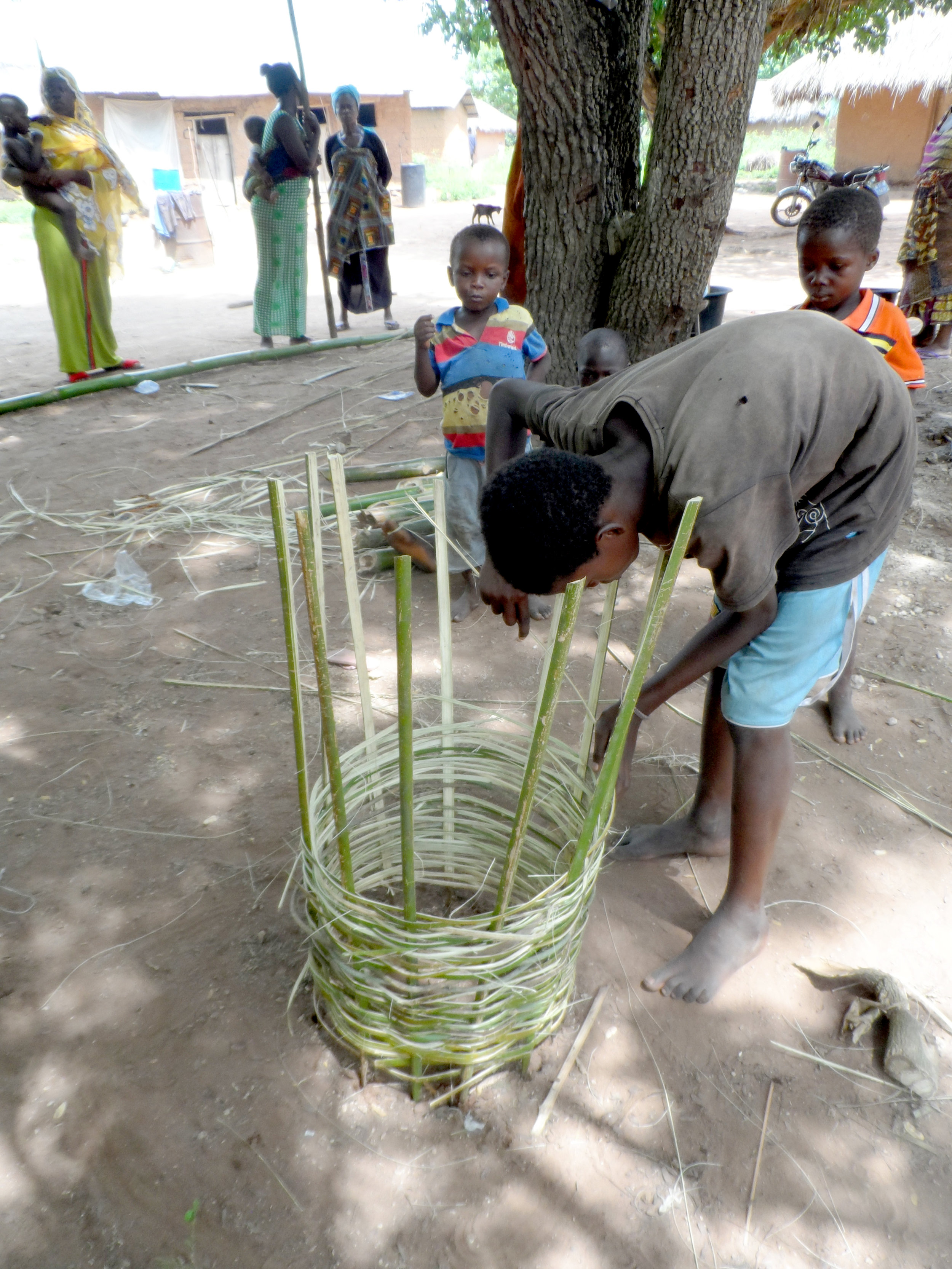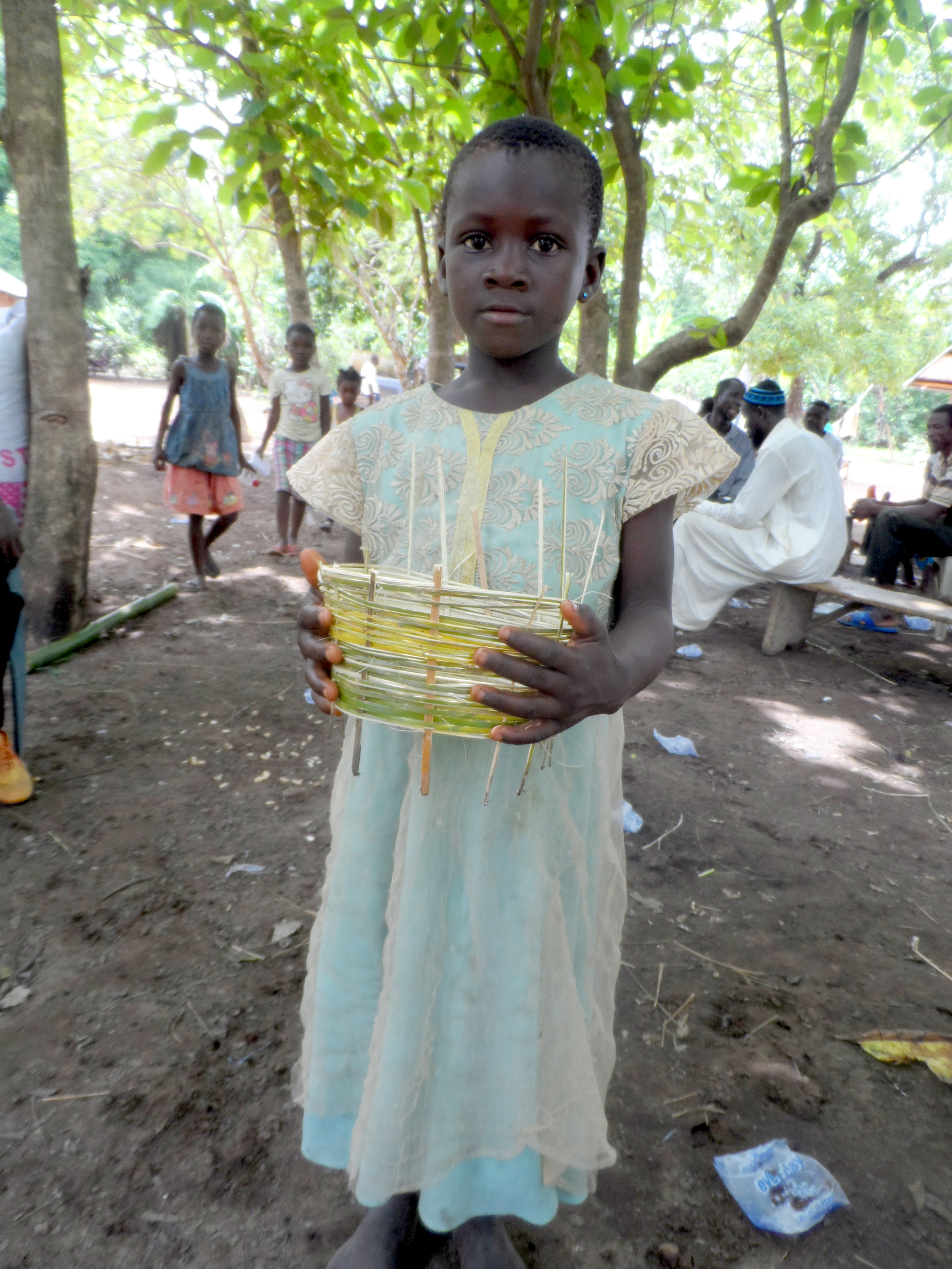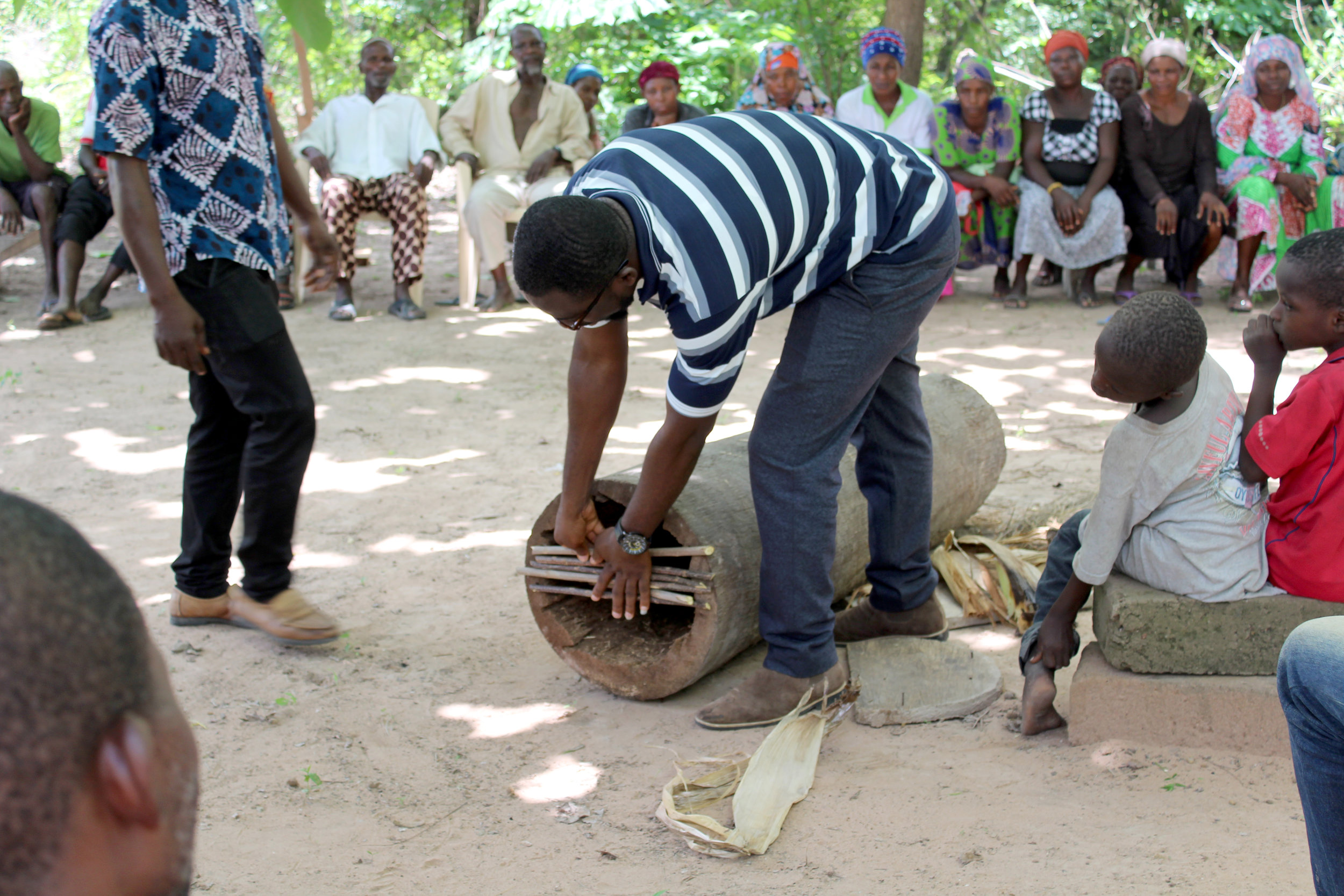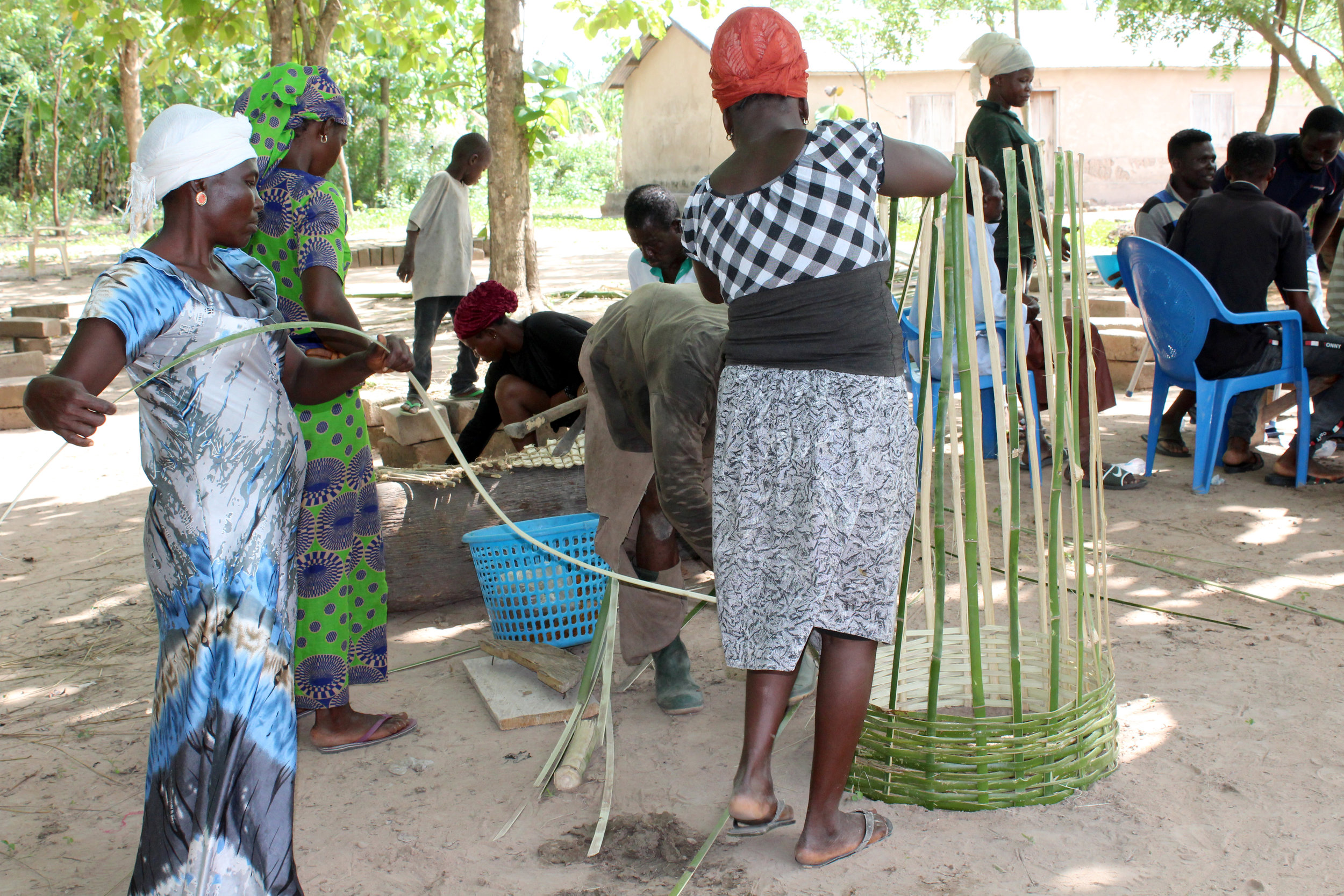Ghana Fundraiser
Promoting sustainable beekeeping in Kwahu Afram Plains, Ghana, to alleviate deprivation.
Where: Kwahu Afram Plains North – one of the least developed parts of GhanaThe Kwahu Afram Plains North Districtis in the Eastern Regionof Ghana. The District is remote, with a poor road network. Despite economic growth in Ghana, inequality has been increasing in the country and poverty remains prevalent in many rural areas[1]. The rural communities in Kwahu are suffering from high poverty rates, deprivation and under-development. According to Ghana District League Table 2017 Kwahu Afram Plains North District ranks 202 out of 212[2]districts in the country. In 2016 Kwahu North ranked 166, suggested that whilst other Districts are improving Kwahu North is being left behind. One of the strongest manifestations of the level of deprivation is low-levels of education with many youngsters failing to progress beyond primary school, so further condemning them to a life of poverty.
“I have six children. There are no secondary schools here in the village so four of my children are staying with relatives in town to go to school. I have to send money to pay for their upkeep. It is a constant struggle to keep them in school. I want to keep bees to get money to support them”
Hawa Ekima, Apesika, Kwahu Plains North - Feb 2019
Why: Living on the fringes of Digya National Park. Digya National Park (DNP) was created in the district as a wildlife habitat and to help stabilise Volta Lake. Fringe communities comprise people evicted from the Park in the 1980’s and other migrants. Poverty forces them to exploit Park resources, and men engage in honey hunting, which is against the law. This creates conflict with Park officials. Revenue from honey hunting and small-scale farming is meagre, and communities suffer from chronic poverty, poor housing and inability to pay school fees. There is little prospect for change.
“I went to secondary school but when I went to sit my exams I was not allowed to. I had no money to pay the exam fee. I studied hard – but now I have nothing to show for it”
Mohammed Mustafa, Bonaso, Kwahu - Feb 2019
How: Beekeeping - People living on the fringes of DNP have access to rich natural resources, especially honey bees and forest. There are already established trade pathways for honey, people are familiar with bees, and the area is suitable for beekeeping. Honey hunters have expressed huge interest in beekeeping but lack knowledge, experience and means to begin (there is no tradition of using beehives in area). This Project aims to turn honey hunters into beekeepers, and to generate new revenues. Women are also interested, especially in honey trade.
What: Our approach – discussed with people in the villages of Apesika and Bonaso - When we asked community members what they expected from a beekeeping project their initial response was that they expected to be given beehives – as they could not afford to buy them. However, later on people admitted, “even if we had hives – then what? We do not know how to use them. We need knowledge and skills”. BfDG proposed the idea of teaching people how to make simple, fixed-comb beehives and offered to teach people how to make the hives, manage the bees and harvest the honey. Community members welcomed this proposal. The advantages of locally-made fixed comb hives are as follows:
· Anyone can make one or more – so beekeeping becomes accessible to even the poorest
· This is a sustainable approach – as it reduces donor dependency
· Reaches more people – a relatively low investment of resources can reach many people
· Scalable – once people know how to make hives they scale-up at a rapid pace if they wish
· Fixed-comb hives are proven to be practical, sustainable and successful.
“There are three reasons why I want to support this project. 1. Because I am not from here, I feel I need to give into the community where I am a visitor, 2. I learned a lot from Dr. Aidoo, so it is only right that I also teach others and 3. If I help other people they will help me. I see the potential here. Together we can build a ‘honey hub’ of Ghana” Gideon Zege, Donkorkrom - Feb 2019
Aims and objectives: Our overall aim: Men and women in selected villages near Digya National Park learn to keep bees, achieve a net increase in income and achieve an improved standard of living, especially in relation to children’s schooling. We will measure the improvement in people’s lives by carrying out a baseline survey at project start-up, and measure changes in wellbeing after 1 and 2 years. In order to achieve this overall aim we will work towards achieving three outputs within 2 years.
UPDATE
This project has been funded and is underway. The images below are from their first workshop in May 2019. A heartfelt thanks for everyone who donated to this project.
“We ended our first training workshop with high optimism for the Donkorkrom Project. The sessions in Bonaso were oversubscribed so it was in Apesika to the extent that virtually all members of the villages got involved. They got deeply involved and assembled all the training materials including pieces of Borassus logs they had hollowed out and made ready for completion. What amazed me most was the involvement of children. They keenly observed what was going on and there and then tried their hands on building hives.
We ended the Bonaso and Apesika workshop with high hope that the farmers were going to make good results with the practical knowledge transferred to them. We also motivated them highly and tasked them to work collectively to develop the beekeeping potentials of the area.”






